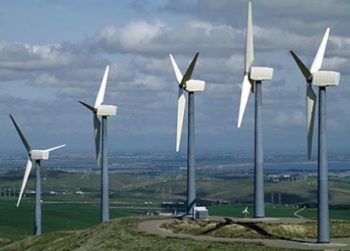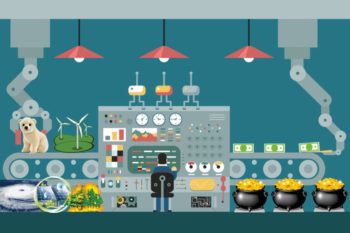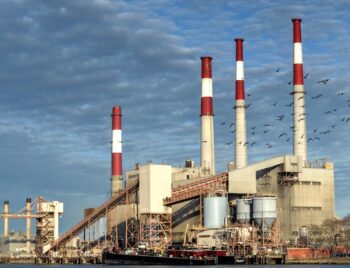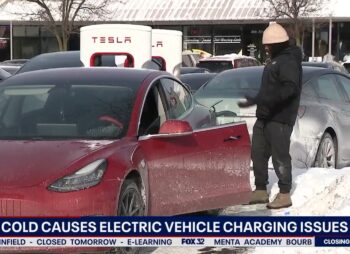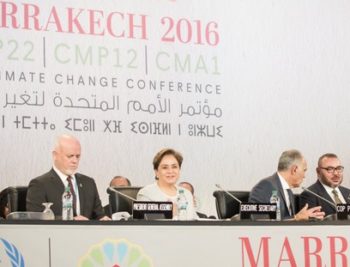 The twenty-second session of the United Nation’s climate change conference ended a few days ago in Marrakech, Morocco, and the proclamation went forth that the conference “successfully demonstrated to the world that the implementation of the Paris Agreement is underway and the constructive spirit of multilateral cooperation on climate change continues.”
The twenty-second session of the United Nation’s climate change conference ended a few days ago in Marrakech, Morocco, and the proclamation went forth that the conference “successfully demonstrated to the world that the implementation of the Paris Agreement is underway and the constructive spirit of multilateral cooperation on climate change continues.”
All “well and good,” but with the incoming, skeptical Trump train, the trundling of the Marrakech Express is going to become a bit more problematic.
A new era for atmospheric science may be dawning, as the likelihood for voices with a broader perspective on climate forecasting may be encouraged to speak.
The practice of science in general, and climatology in particular, is about the freedom to creatively synthesize scientific knowledge with individual skills and perspective to comprehend and predict the earth’s complex climate. In this way, climate science can advance for the benefit of both people and the planet.
Regarding the practice and essence of this specialized field, bestselling author Matt Ridley, in his recent book The Evolution of Everything: How New Ideas Emerge (HarperCollins, 2015), gives ample challenge to the status quo imposed by controllers of supposedly unassailable climate outlooks.
In his book, Ridley frequently gives contemporary climate science as an example of top-down, inapt scientific practice rather than a bottom-up, more effective, emergent-friendly system.
To Ridley, the advancement of science is more from a “procession of fascinating mysteries to be challenged,” rather than a collection of facts for students and the populace to accept from those with a received wisdom. Perhaps it’s no surprise then that Ridley includes his extended expose of pompous anthropogenic climate change assertions in his chapter on the evolution of religion.
Ridley points to several “characteristic features of a mystical and therefore untrustworthy, theory”. These anti-science characteristics include the fact that the theory is not refutable, appeals to authority, relies heavily on anecdote, makes a virtue of consensus, and takes the moral high ground. Specifically, much of climate-change science is:
Not refutable. Predictions of climate doom centuries from now cannot be validated until centuries from now. Nice work if you can get it.
Appeals to authority. The fact that dozens of scientific societies have endorsed human-induced climate disaster does not make it so. In fact, elite officers of such societies who make the endorsements are not always typical of the wide-ranging viewpoints of society membership. The American Meteorological Society is one case in point where surveys of the members reveal substantial dissent among the society’s hoi polloi.


